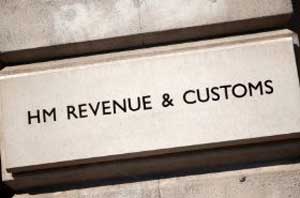HM Revenue & Customs is warning expats and other workers picking up cash from employee benefit trusts (EBT) to pay up or face fines and penalties in court.
HMRC is urging anyone paid by an EBT to sign up to a disclosure program that will settle any outstanding tax and national insurance contributions without resorting to legal action.
The settlement is worked out depending on the set up of the EBT and covers
- Income tax (PAYE)
- National Insurance Contributions
- Corporation Tax
- Inheritance tax
- Other taxes on EBTs and beneficiaries
Once the detail of any settlement is agreed it:
- lets customers to pay the tax and NICs they owe to the Exchequer
- avoids complex enquiries and legal costs
- provides certainty on the amount of tax due
HMRC has prosecuted several EBT cases.
EBT structures fail to work
The most significant was HMRC Commissioners v PA Holdings Ltd [2011] EWCA Civ. 1414 where the Court of Appeal decision upheld HMRC’s arguments that an arrangement intended to deliver a bonus through an EBT was subject to tax and NICs as earnings.
HMRC considers that the Court of Appeal judgment supports the view that arrangements to avoid PAYE and NICs through the use of EBT structures do not work.
For many EBTs, the allocation is the point at which the funds go into a sub-trust for the individual employee or their family but ultimately when the charging point for PAYE and NIC arises will depend on the facts of the individual case.
Employer-Financed Retirement Benefits Scheme (EFRBS) are also considered as ineffective tax management schemes by HMRC.
The settlement was started a year ago on the publication of new tax rules outlawing disguised remuneration for employees.
Taxpayers urged to agree settlement
“The EBT Settlement Opportunity means you can engage with HMRC to settle your EBT case by agreement without recourse to litigation,” said an HMRC spokesman. “This will minimise costs to both you and HMRC. The disguised remuneration legislation puts beyond doubt that such arrangements or schemes do not work. If you are concerned with how your arrangements will be affected by the new legislation, you can respond to the settlement opportunity to obtain certainty now about your tax liabilities.
“Where you want to settle by agreement within the terms of the settlement opportunity, the settlement will be based on the position if we were to litigate.
“The settlement basis will therefore vary from case to case depending both on the protected liabilities and the individual facts of the case but will help you to bring all strands of your case up to date. We would therefore encourage you to contact us to discuss whether we can reach an agreed settlement.”
